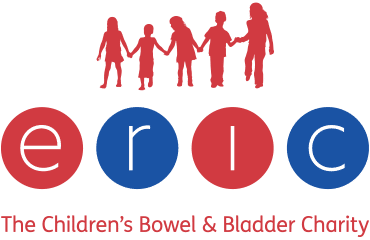Hazeldene Medical Centre
97 Moston Lane East, New Moston, Manchester, M40 3HD
Telephone: 0161 241 8039
We're open

Infected Blood Inquiry
The final report of the Infected Blood Inquiry was published on Monday 20 May 2024.
Led by Sir Brian Langstaff KC, this independent public statutory inquiry was established to examine the circumstances in which men, women and children treated by national health services in the United Kingdom were given infected blood and infected blood products, in particular since 1970.
The Inquiry has examined why people were given infected blood and/or infected blood products; the impact on their families; how the authorities (including government) responded; the nature of any support provided following infection; questions of consent; and whether there was a cover-up. The full scope and terms of reference for the inquiry can be found here.
Timeline of historical events:
- 1970 to 1991: Imported blood infected with HIV and Hepatitis C was given to patients in the form of transfusions, plasma and other blood products.
- 1985: All blood donations have been tested for HIV since October 1985.
- 1991: All blood donations have been tested for Hepatitis C since 1 September 1991.
- Since testing has been introduced, the risk of acquiring an infection from a blood transfusion is very low. There have been no reported and confirmed cases of hepatitis C, from any UK blood component, since a 1997 transfusion and for HIV from a transfusion in 2002.
If you are concerned
- About a possible hepatitis C infection, you can book a home NHS test online. The tests are free and confidential. To receive a self-testing kit which can be quickly dispatched to your home visit hepctest.nhs.uk.
- Hepatitis B is also linked to infected blood, this usually clears up on its own without treatment, but could develop into chronic hepatitis B. Patients can find out more information here – hepatitis B information
- HIV testing is also provided to anyone free of charge on the NHS. Home testing and home sampling kits are also available. You can find out more about HIV testing and the HIV testing services search tool on the NHS website.
Patients who want more details about the safety of blood from donations in England can find more information here: https://www.blood.co.uk/the-donation-process/further-information/your-safety/
Although it is unlikely there are people living with undetected HIV from the infected blood period, concerned patients can be pointed towards information on HIV diagnosis and the HIV testing services search tool.
Hepatitis B, another infection that can be linked to infected blood, usually clears up on its own without treatment, but some patients acquire chronic hepatitis B. Patients concerned about hepatitis B infection can be directed towards relevant hepatitis B information or to visit their GP or local sexual health clinic.
All blood donors are screened at every donation and every donation is tested before it is sent to hospitals. Blood services and blood safety has been transformed not only in terms of technological advances in testing but also in the way donors are recruited and checked they are safe to donate.
There have been no reported and confirmed cases of hepatitis C, from any UK blood component, since a 1997 transfusion and for HIV from a transfusion in 2002.
NHS England will convene an Extraordinary Clinical Reference Group to inform relevant actions from a specialised commissioning perspective, following the Inquiry report publication.





